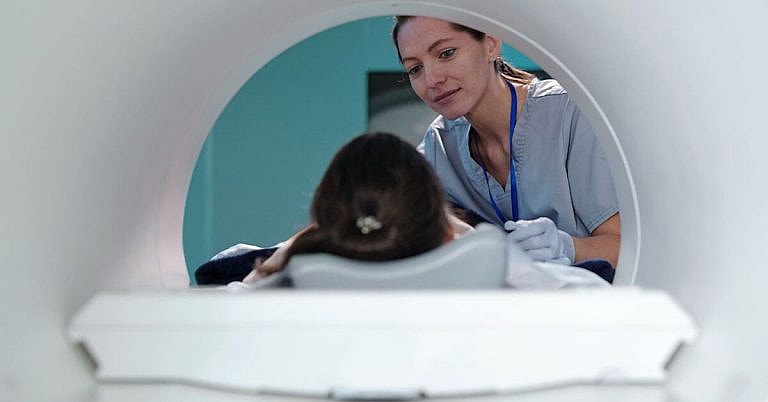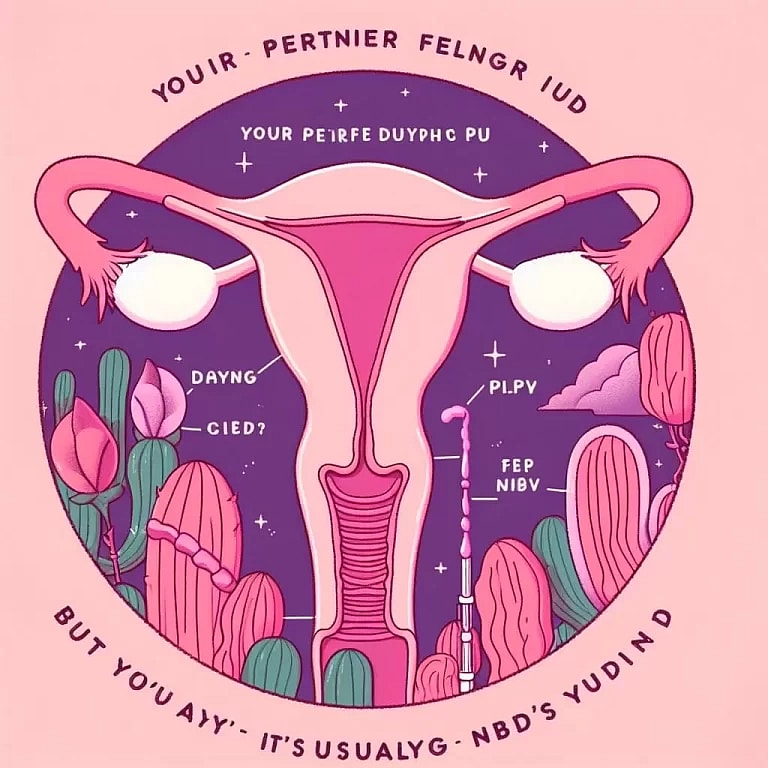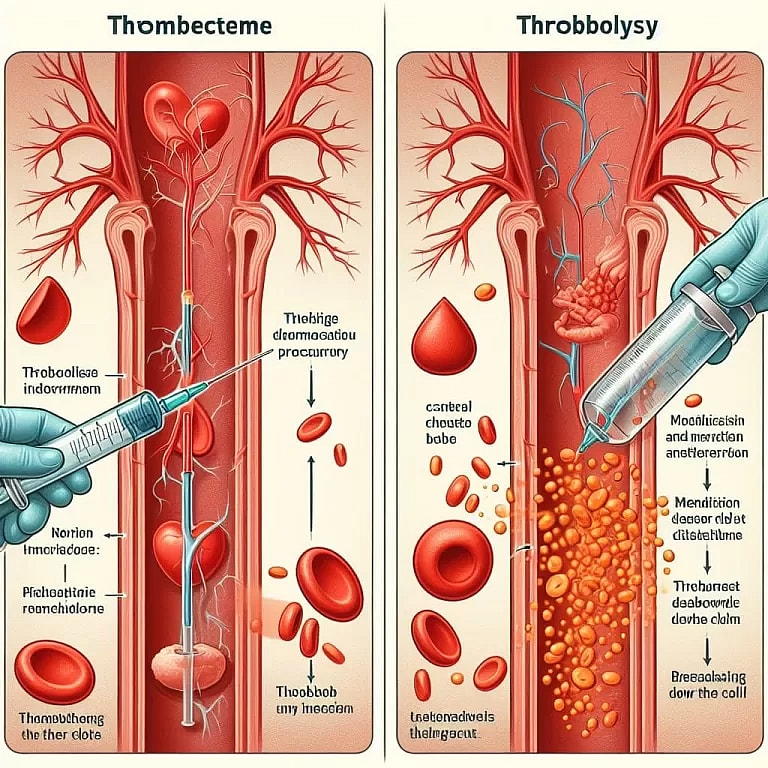Stroke
**Stroke**
A stroke occurs when blood flow to a part of the brain is interrupted, depriving it of oxygen and nutrients. This can cause permanent damage to the brain tissue and lead to a range of disabilities, including paralysis, speech problems, cognitive impairment, and vision problems.
**Types of Strokes:**
* **Ischemic stroke:** Caused by a blockage in an artery leading to the brain, most often by a blood clot.
* **Hemorrhagic stroke:** Caused by a rupture in an artery or vein in the brain, leading to bleeding.
**Risk Factors:**
* Advanced age
* High blood pressure
* High cholesterol
* Diabetes
* Smoking
* Atrial fibrillation
* Sickle cell disease
**Symptoms:**
* Sudden numbness or weakness on one side of the body
* Sudden trouble speaking or understanding speech
* Sudden difficulty with balance or walking
* Sudden vision changes
* Sudden headache, especially severe or accompanied by vomiting
**Treatment:**
Treatment depends on the type of stroke and the severity of symptoms. Medications, surgery, and rehabilitation are commonly used.
**Prevention:**
* Manage blood pressure and cholesterol levels
* Control diabetes
* Quit smoking
* Get regular exercise
* Maintain a healthy weight
* Treat atrial fibrillation
* Screen for and manage sickle cell disease
**Additional Information:**
* Seek medical attention immediately if you suspect a stroke.
* Stroke is a leading cause of death and disability worldwide.
* Early diagnosis and treatment can improve outcomes.
* Rehabilitation plays a crucial role in recovery.
Spastic Hemiplegia: What it is and How it’s Treated

Spastic hemiplegia is the most common type of cerebral palsy. This causes symptoms in one-half of their body — you might experience pain, muscle stiffness, and lack of muscle control. Spastic hemiplegia is the most common type of cerebral palsy,…
“Is it Normal for Your Partner to Feel Your IUD During PIV?”

An IUD is placed high in the uterus, so chances are that a partner would not feel it during sex. Even if they do, it isn’t likely to be painful for either partner, and sex cannot cause the device to…
Thrombectomy and Thrombolysis: Understanding Stroke Treatment Options

Thrombectomy and thrombolysis are two medical procedures doctors use to treat blood clots. The one you need will depend on your circumstances. Aleksandr Zyablitskiy/Getty Images The primary difference between the two treatments is that thrombectomy involves surgically removing a blood…
